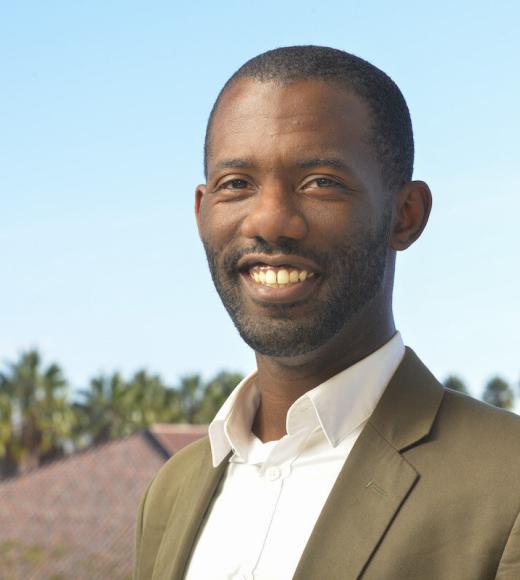
Position Title
Stanford
Dr. William Tarpeh
Abstract
Electrocatalysis and Electrochemical Separations to Improve Water Treatment and Chemical Manufacturing
Over the past century, humans have altered the global nitrogen cycle so drastically that managing nitrogen has emerged as a grand engineering challenge. Haber-Bosch fertilizer production, which converts nitrogen gas into ammonia, outpaces wastewater nitrogen removal due to fertilizer runoff and 80% of wastewater being discharged without treatment. This net discharge of reactive nitrogen (e.g., NH4+, NO3-) threatens aquatic ecosystems and human health by inducing harmful algal blooms that affect 70% of U.S. surface waters and cost over $2.2 billion annually to remediate. Beyond water pollution, the Haber-Bosch process consumes a disproportionate amount of energy and greenhouse gas emissions. Together, these realities demonstrate an urgent need to reduce the environmental impacts of the anthropogenic nitrogen cycle. One approach to meet this goal is refining nitrate and ammonia into valuable products via electrochemical reactive separations. This presentation will describe ongoing efforts to understand interfacial phenomena while integrating homogeneous and heterogeneous catalysts into separations that extract high-purity products from wastewater.
Biography
Dr. William Tarpeh is an assistant professor of chemical engineering at Stanford University. The Tarpeh Lab develops and evaluates selective separations in “waste” waters at several synergistic scales: molecular mechanisms of chemical transport and transformation; novel unit processes that increase resource efficiency; and systems-level assessments that identify optimization opportunities. Will completed his B.S. in chemical engineering at Stanford, his M.S. and Ph.D. in environmental engineering at UC Berkeley, and postdoctoral training at the University of Michigan in environmental engineering. Will has recently been honored as an Environmental Science & Technology Early Career Scientist, Forbes' "30 Under 30" 2019 Science List, Gulf Research Program Early Career Fellowship, and Chemical and Engineering News Talented 12.